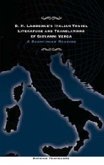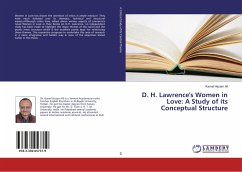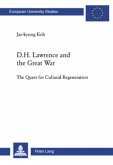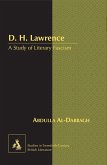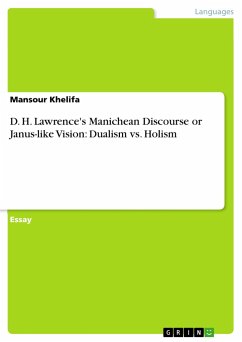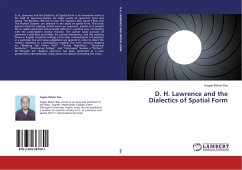Focusing on D. H. Lawrence's concept of «essential criticism», which was introduced in his posthumously published «Study of Thomas Hardy» and his statement that «every work of art adheres to some system of morality. But it must contain the essential criticism on the morality to which it adheres», this book examines the ways in which Lawrence presents his ideas in his major novels The Rainbow and Women in Love. It explores how this concept plays a crucial role in his fiction as an «other» to the implied author's messages: functioning differently, as equivocation and creative strife, respectively, in The Rainbow and Women in Love, the concept helps to make these novels more dynamic that commonly realized.
Bitte wählen Sie Ihr Anliegen aus.
Rechnungen
Retourenschein anfordern
Bestellstatus
Storno


